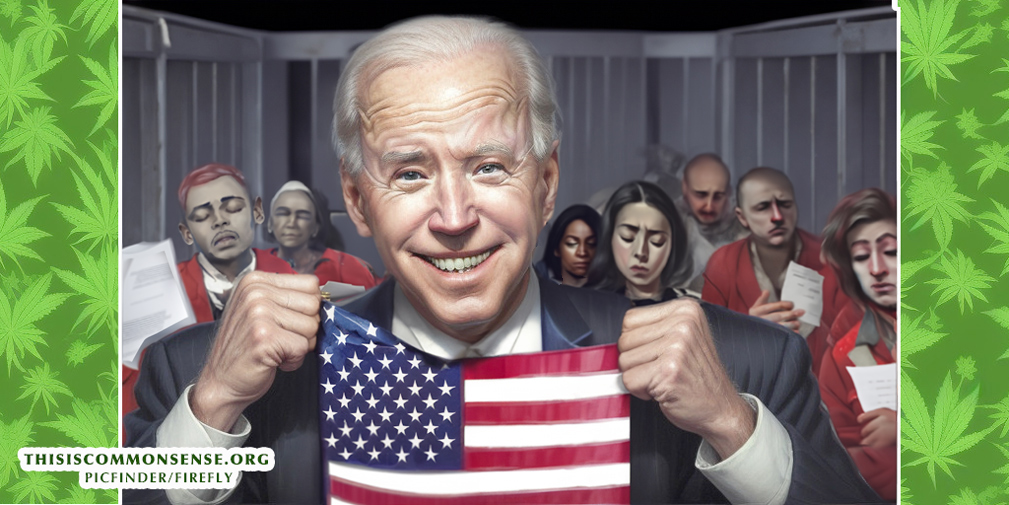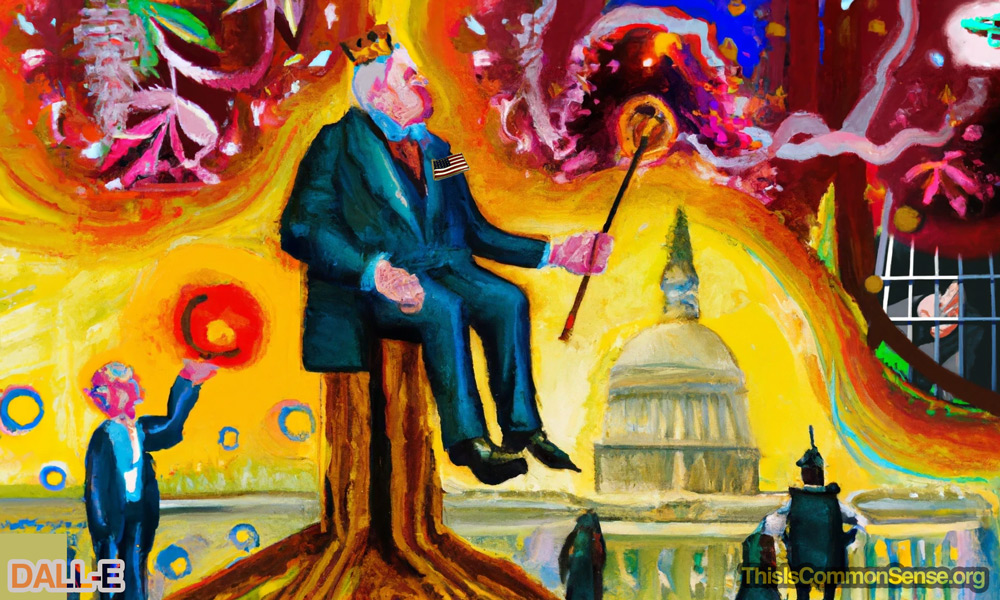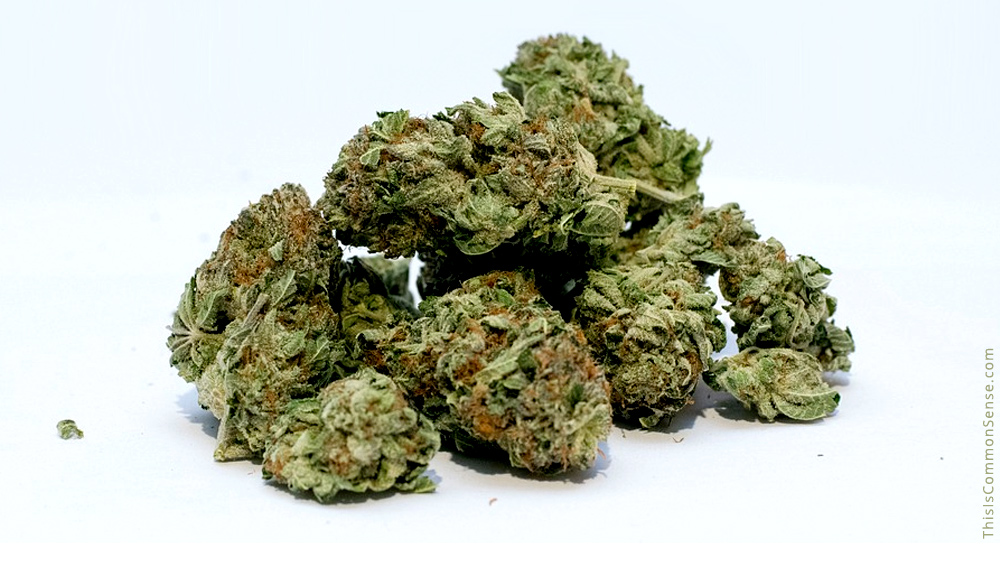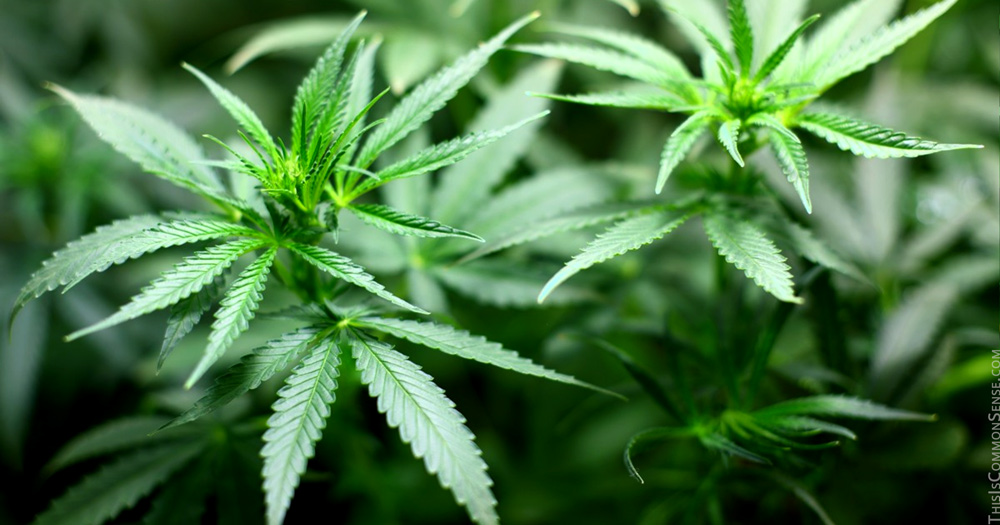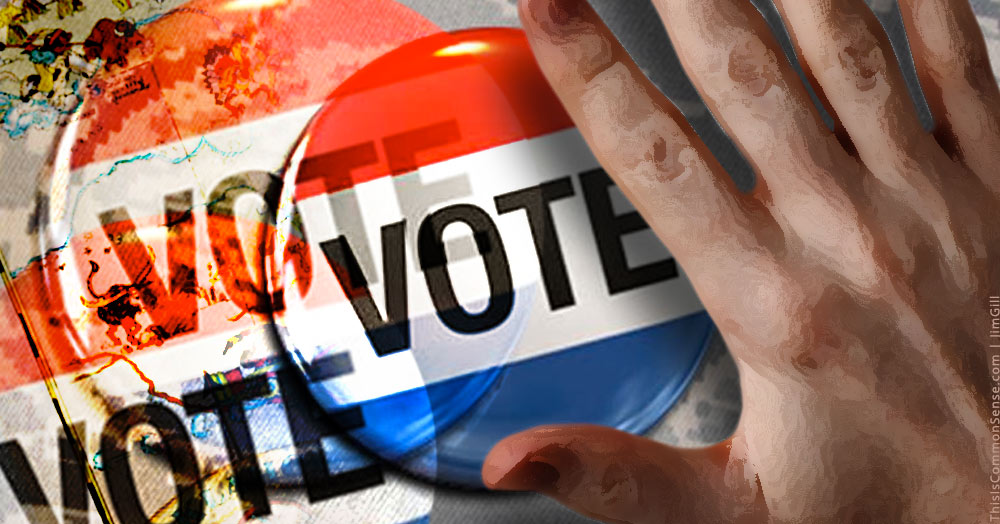When, in the last State of the Union political rally, Stumbler-in-Chief Joe proclaimed that his administration had been “expunging thousands of convictions for the mere possession” of cannabis, did you believe him? Previously, when Second Banana Kamala set the theme, claiming to have “changed federal marijuana policy, because nobody should have to go to jail just for smoking weed,” how confident were you of her boast?
“Neither claim was accurate,” explains Jacob Sullum, in the June issue of Reason. They are exaggerations at best. For their voting bloc.
Remember Biden’s 2020 campaign promise to “decriminalize the use of cannabis” and “expunge all prior cannabis use convictions”?
They were undelivered because these moves would require
Biden’s not a dictator. As much as he tries.
He still needs Congress.
When he announced, last October, to much ballyhoo, a mass pardon for simple marijuana possession convictions, directing a review of the drug’s classification under the Controlled Substances Act, neither move “actually ‘changed federal marijuana policy,’” Sullum insists. Not one prisoner was freed, and — more startling yet — no record was expunged … for while the president can pardon, he cannot legally expunge records.
The question to ask ourselves is this: does Biden or anyone now in power really want to do anything more than yammer about drugs?
After all, any substantive reform would require, as Sullum points out, addressing the tension in the union: a federal government claiming powers to regulate and prohibit (not found in the Constitution), and 38 states that have effectively nullified
Confronting that might lead to ceding a whole lot of power back to the states … on more matters than
This is Common Sense. I’m Paul Jacob.
Illustration created with PicFinder and Fireflly
See all recent commentary
(simplified and organized)
See recent popular posts
